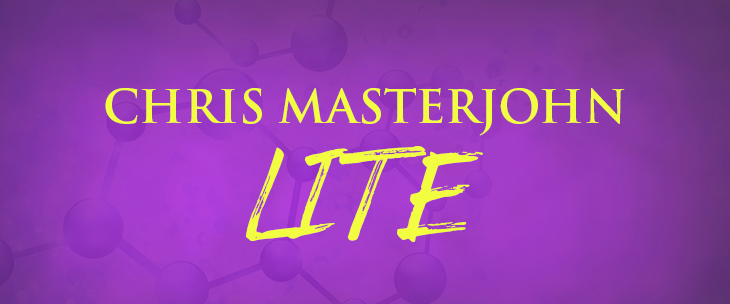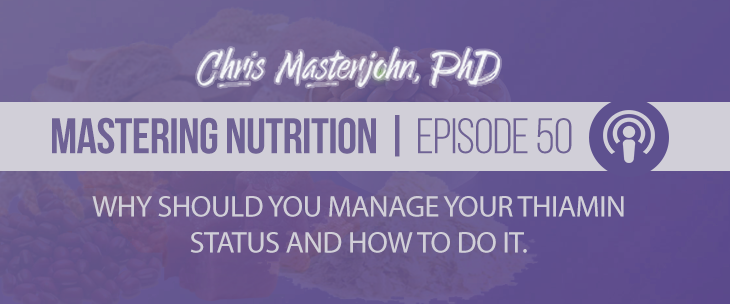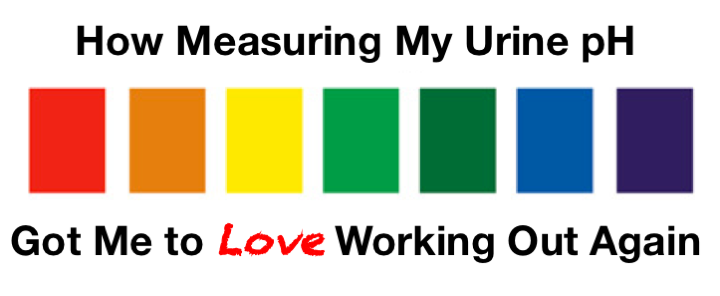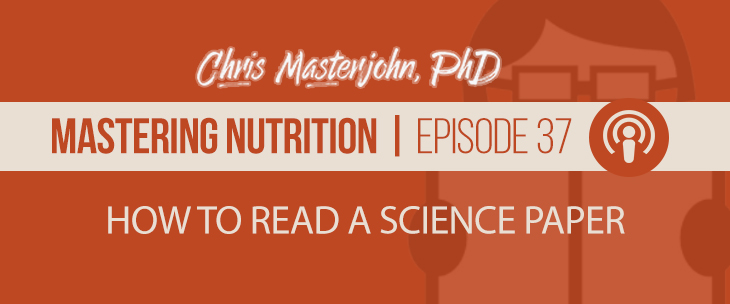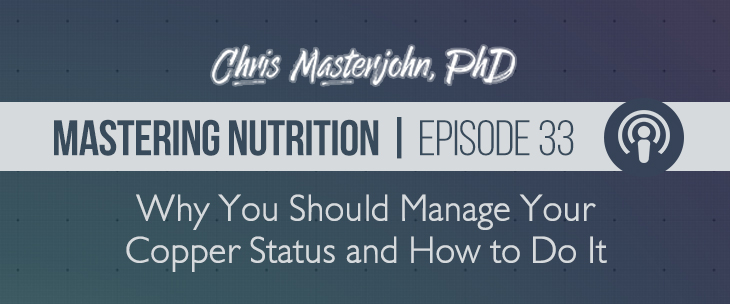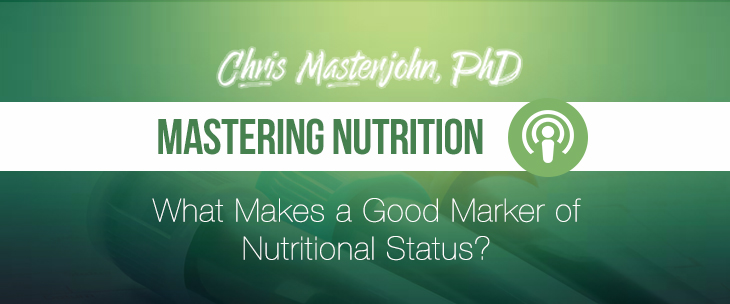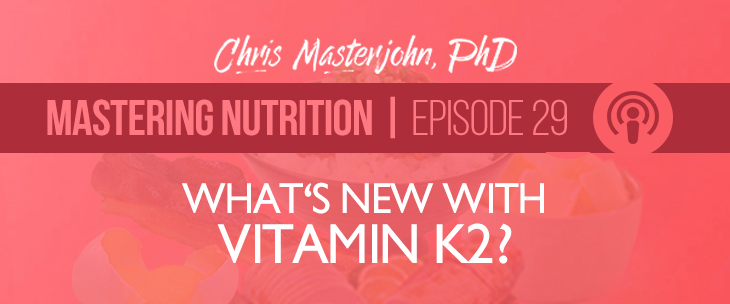Can you get vitamin A from plant foods? It depends on your genes. Watch this video to learn how to figure out your BCO1 genetics and how this impacts your vitamin A requirement. Vitamin A is found in the form of carotenoids in red, orange, yellow, and green vegetables, and in the form of retinol …
